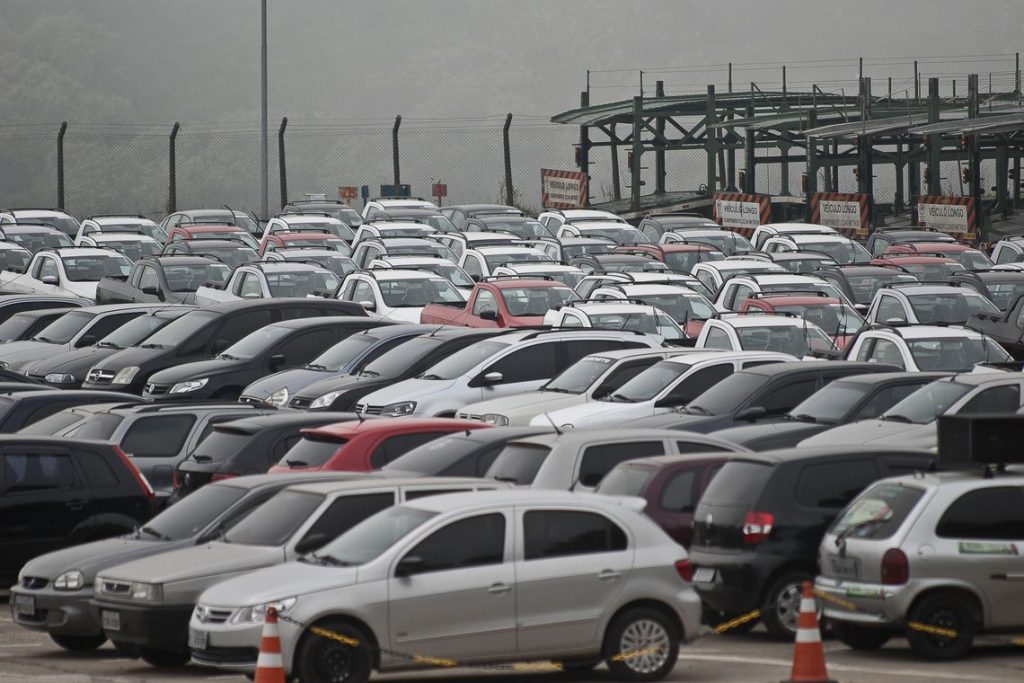Brasília – An unprecedented study from Brazil’s Institute for Applied Economic Research (Ipea) shows that an additional BRL 130 billion (USD 34 billion)are spent each year on services and processed and raw goods as a result of tax barriers. The amount concerns so-called “actual assistance,” which the Ipea describes as an estimate of net revenue indirectly received by domestic manufacturers and suppliers stemming from import tax protections. This enables them to charge higher prices domestically had the tariffs not been in place.
“Those BRL 130 billion aren’t what’s being collected by government, they’re surplus revenue for producers because they can charge more for items sold in the country, since imported goods would be more expensive due to the tariff,” explains the study’s coordinator Fernando Ribeiro.
As per a statement from Ipea, the process industry benefits from import taxes the most. “Actual assistance” is stronger in manufacturing of automobiles, trucks and buses; clothing, accessories and textiles; biofuels; and computers, electronics and optics. The study shows that services and the building and extraction industries do not benefit from tax barriers.
Translated by Gabriel Pomerancblum




